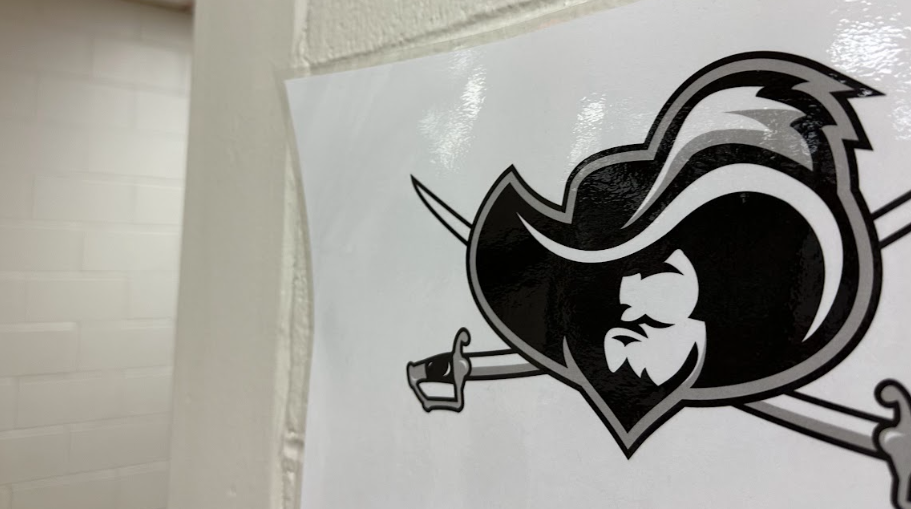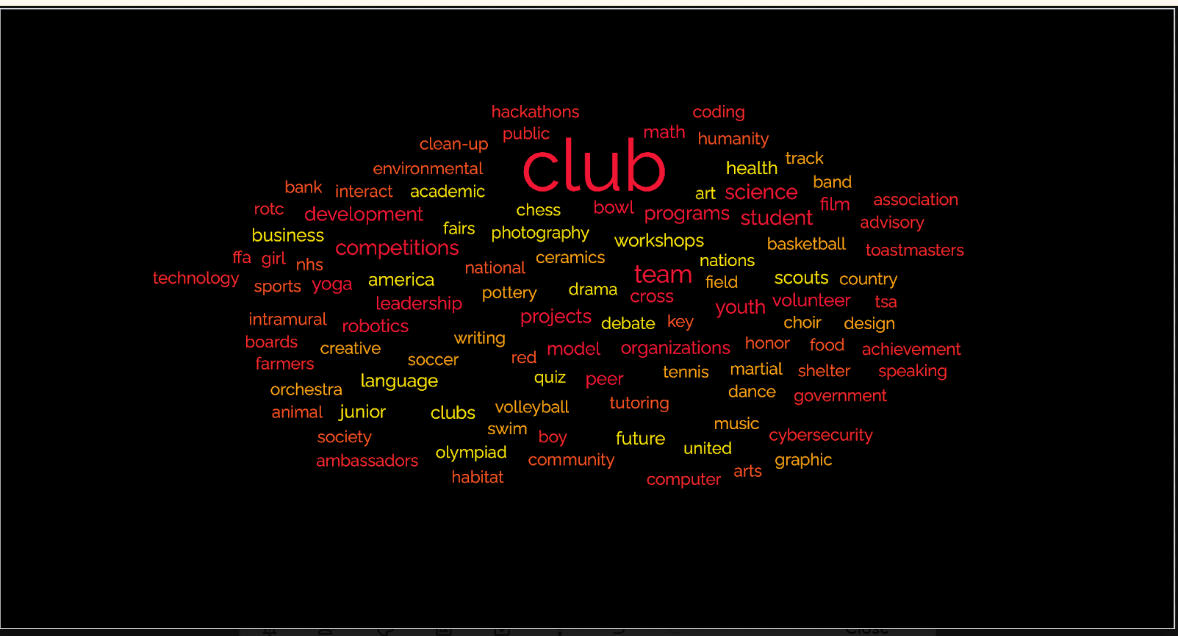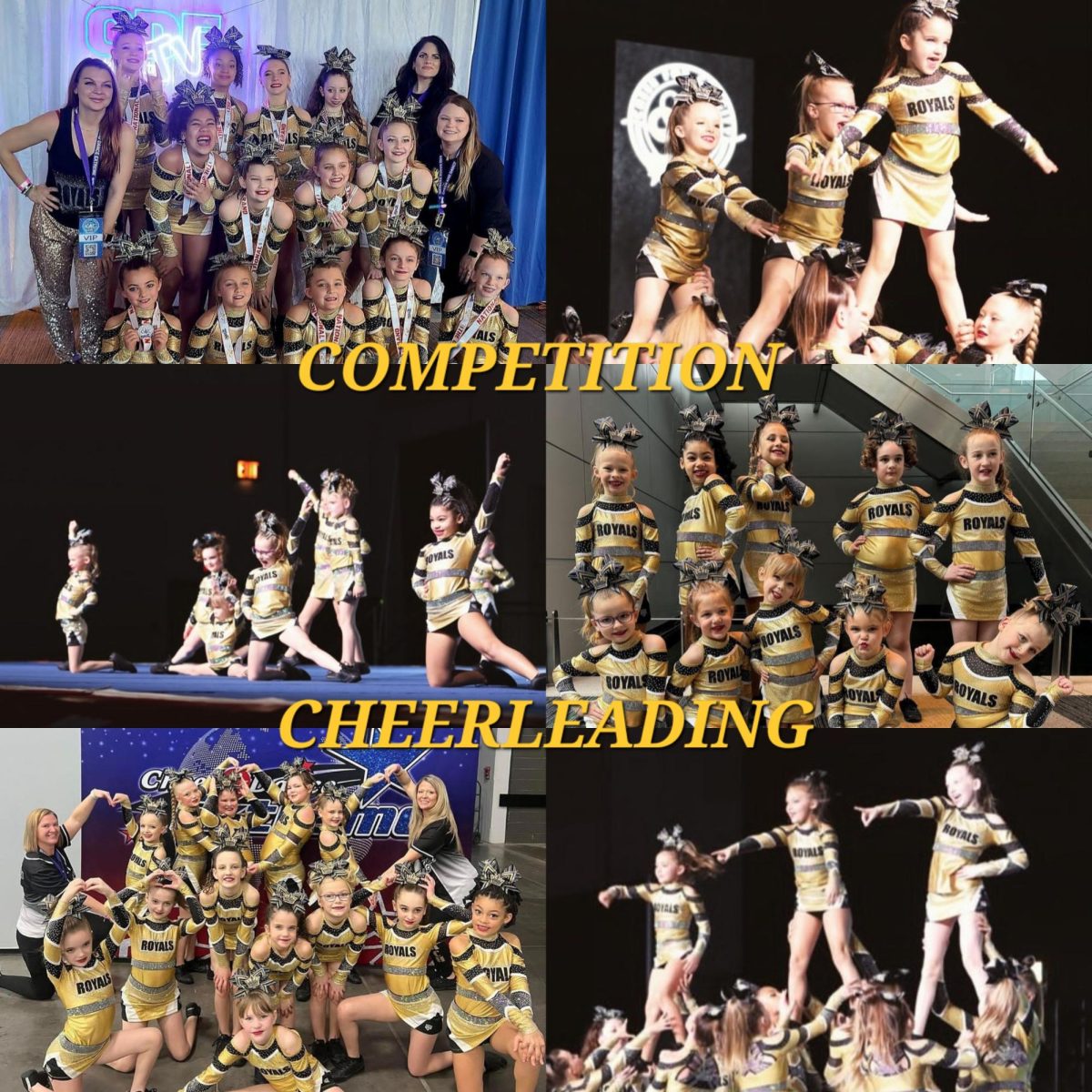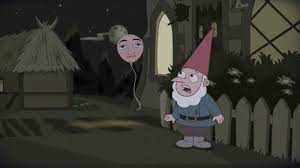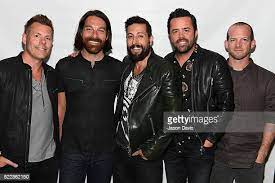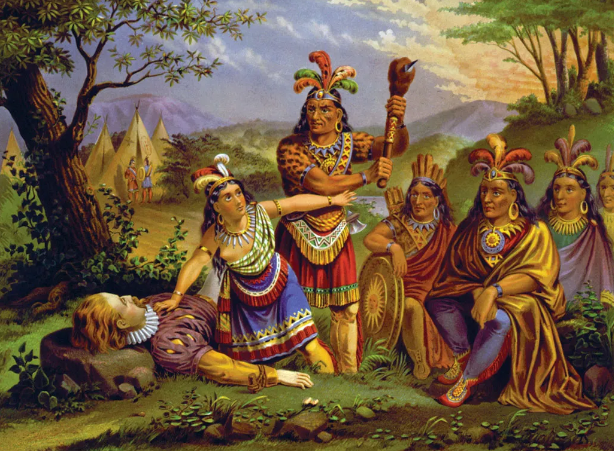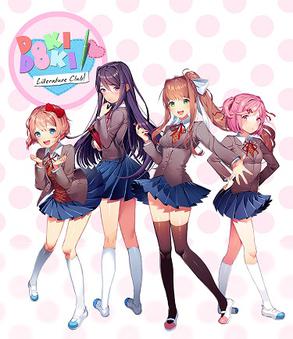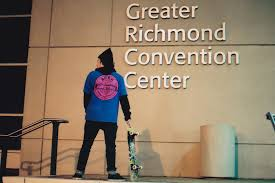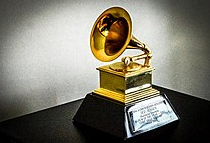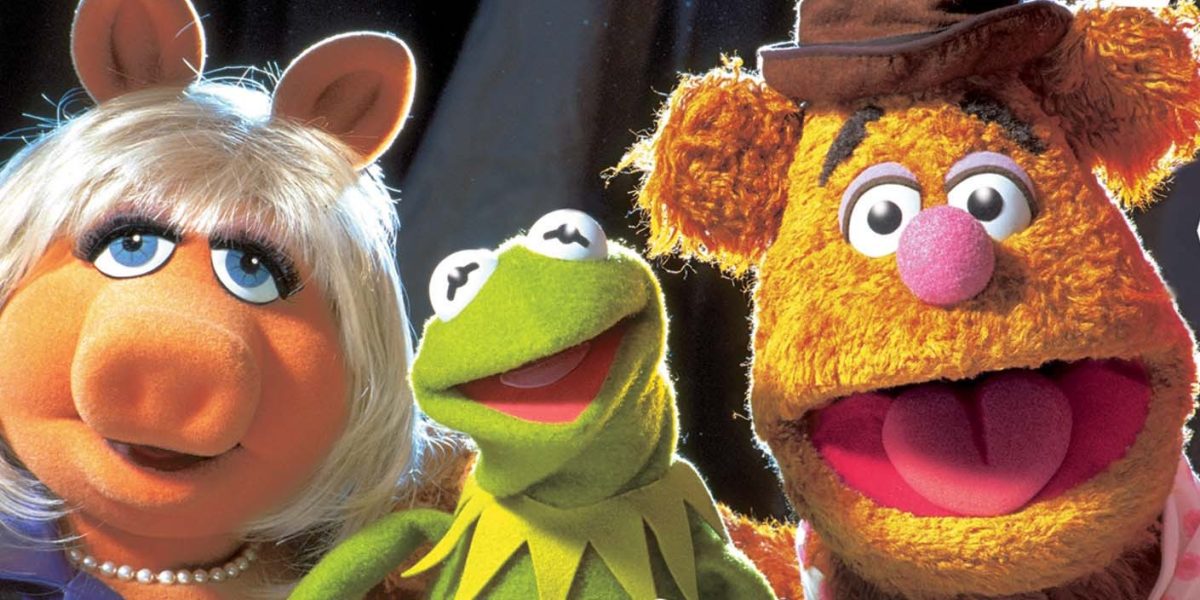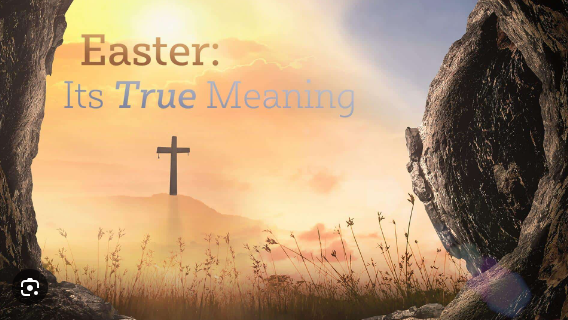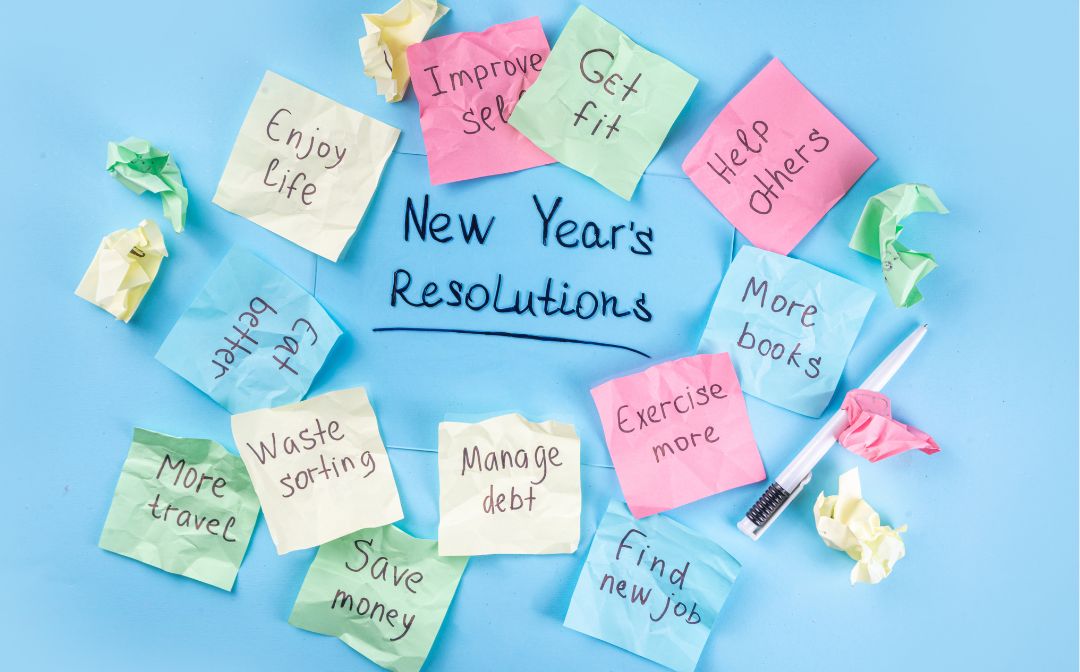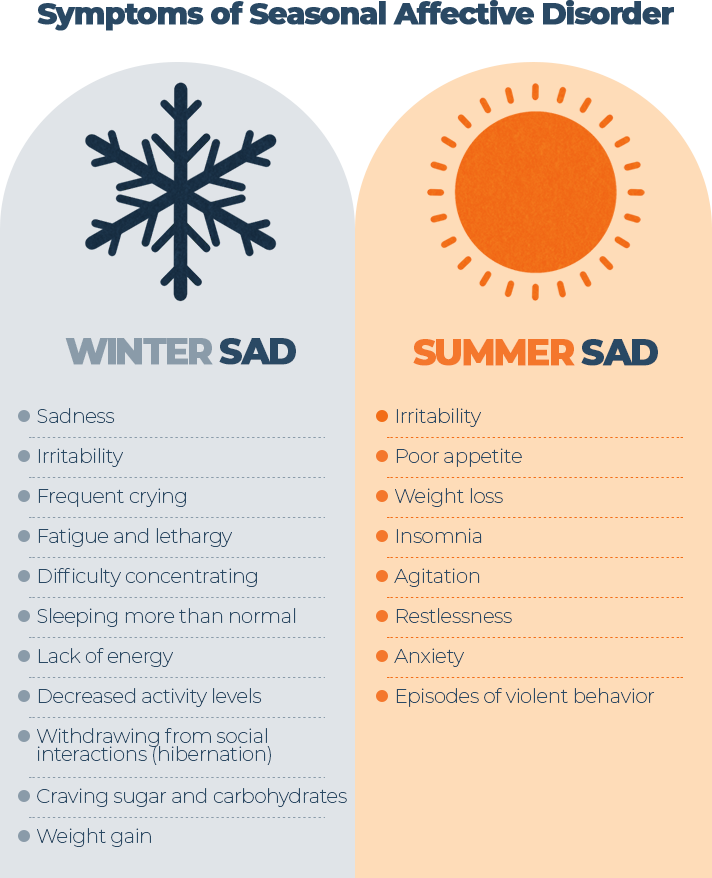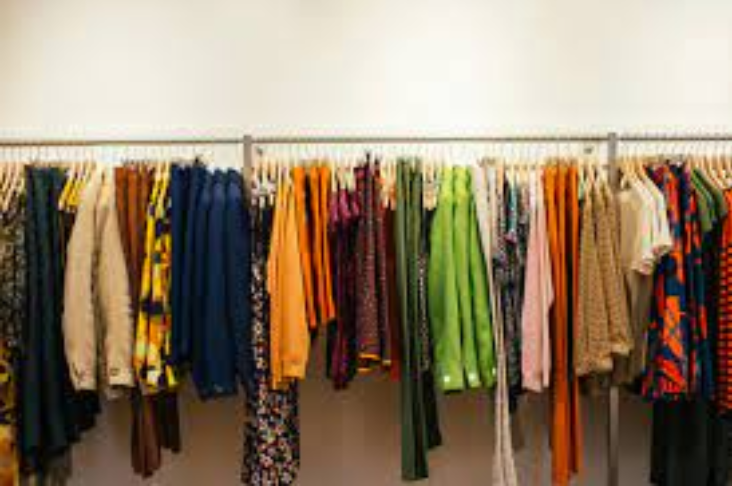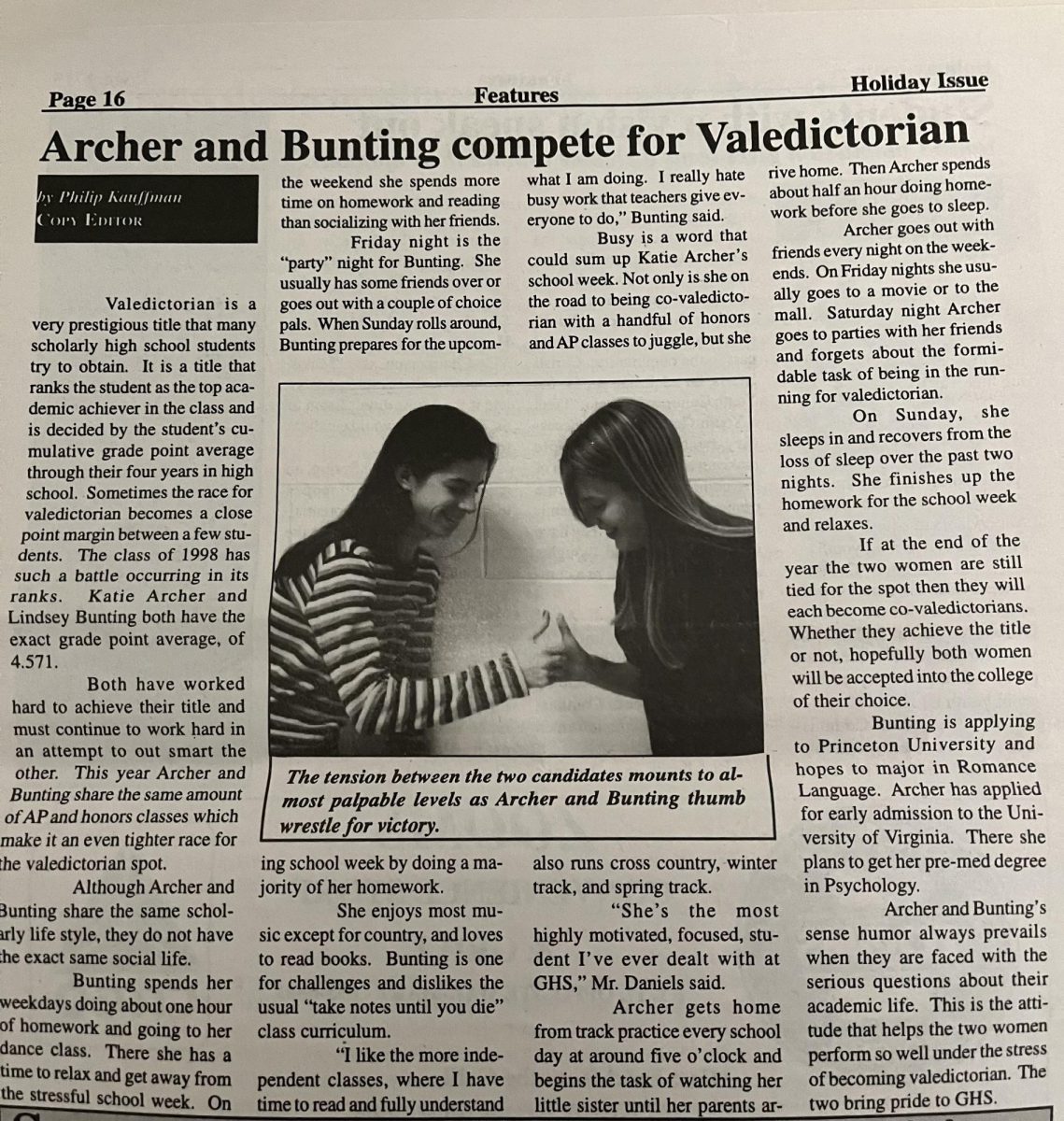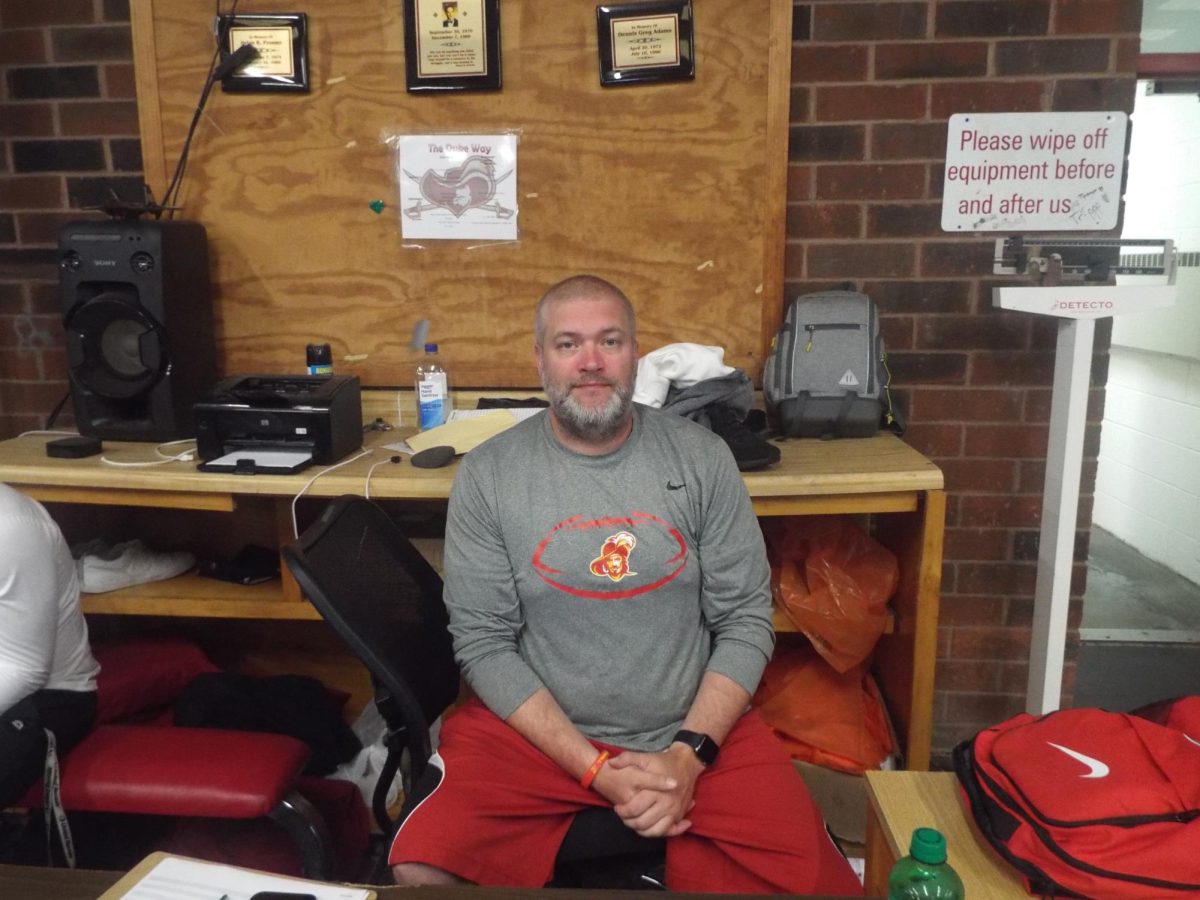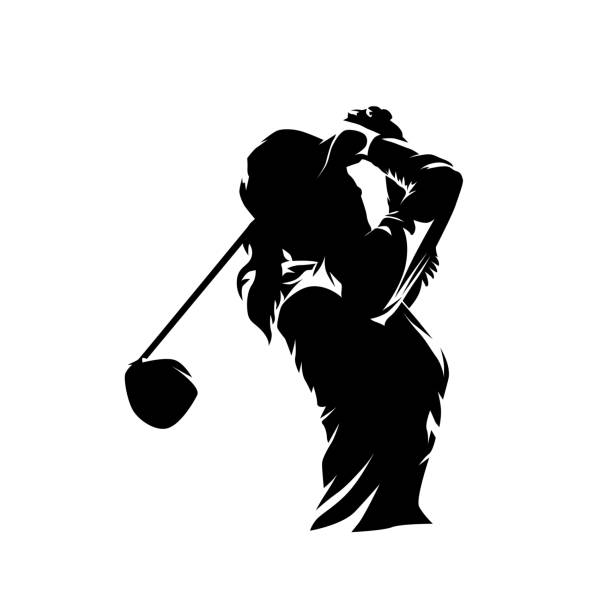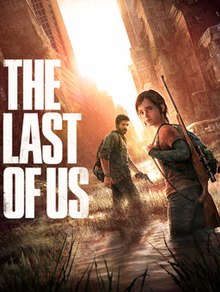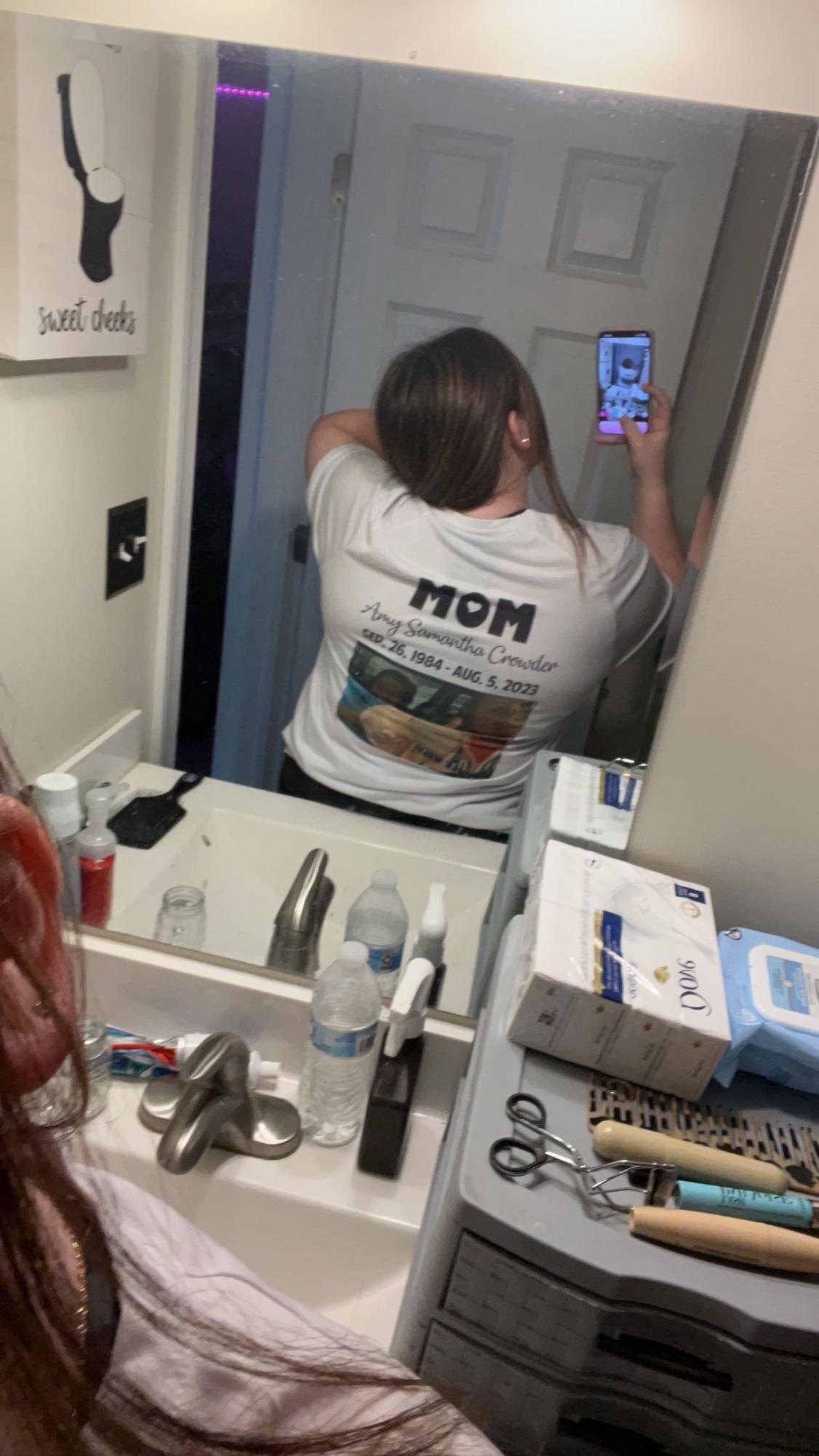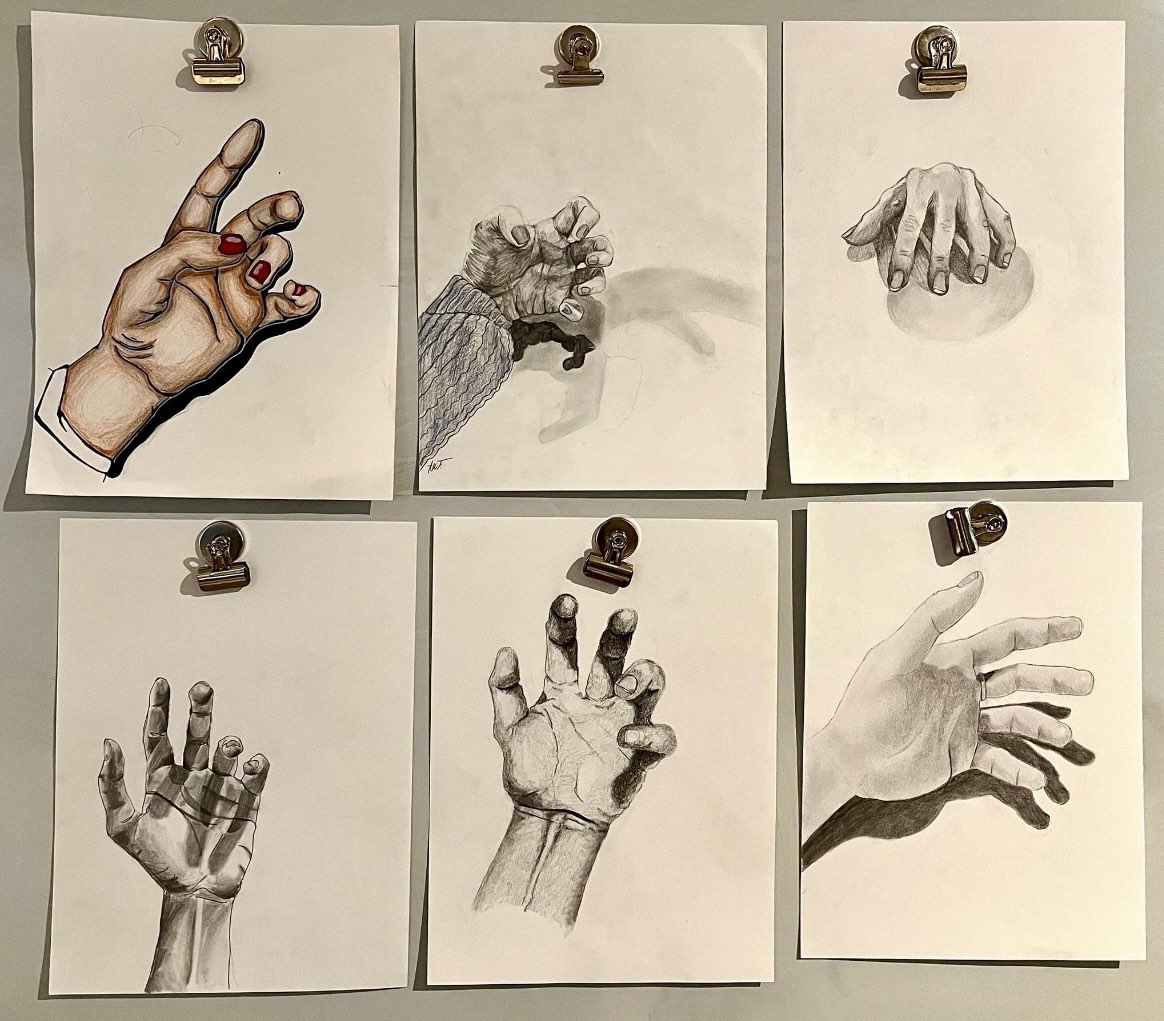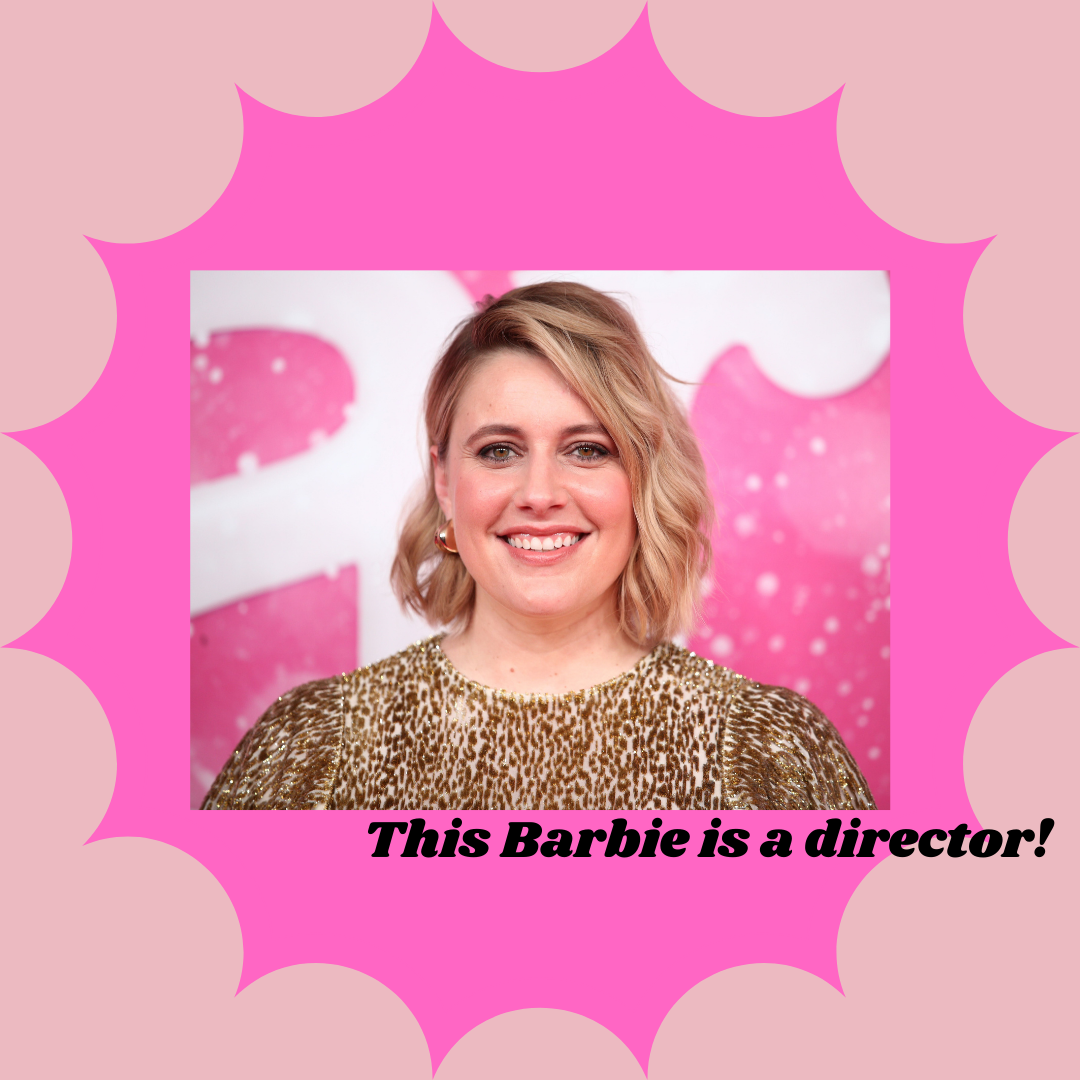While the Barbie movie simply provides entertainment for some, it sets the stage for a revolution in filmmaking. Randall Park has been going viral for his quote regarding the movie’s reviews from other filmmakers, saying, “Barbie is this massive blockbuster, and the idea is: Make more movies about toys! No — make more movies by and about women!” According to Axios, 65% of the film’s audience is women. The film is not only directed by Greta Gerwig, a woman, but features Barbie and the importance women hold in society as a whole. Women in film influence the feminist movement and promote equality around the world, but especially in America.
The first successful female director was Alice Guy-Blanché, a French director who paved the way for both the French and English film industries with films such as “Falling Leaves” (1912). While she only had the opportunity to direct short films due to the technology at the time, her success has influenced many film directors of the present, such as Sofia Coppola. Coppola is best known for “The Virgin Suicides” (1999). The film’s box office was around 10.4 million dollars, which is almost double the budget for the film, which was 6.1 million dollars (Paper Magazine). This film proved the need for women in film. She would later go on to inspire Greta Gerwig and other female directors.
Greta Gerwig’s “Barbie” is a prime example of movies directed towards women. People think of “chick flicks” as romance movies, which sets a precedent for how people think of women. “Barbie” has been seen by many as a “man-hating” movie rather than what it truly is. It is meant to promote feminism, but more than anything, promote equality. I think that the term “feminism” is so misunderstood because it is seen as something meant to discredit and villainize men, while in reality, it is meant to put women on an even playing field in a patriarchal society. “She is everything” is the dream that most women have for themselves.
Barbie is meant to show that being a woman does not mean that you cannot achieve your goals and dream big. Barbie has already made a total box office of 1.428 billion dollars, according to BBC. The idea that women can have movies geared toward them without romance is revolutionary for film. Ken’s love for Barbie and her non-reciprocation is a key element of the film. Barbie’s ending is not to be in love with Ken because that is not true. A woman is not complete because she is with a man. She goes on to become human rather than an idea because while ideas live on, she would rather be able to live than show others how to. The entire idea of “stereotypical” Barbie implies that it is an ideal form of woman who is “perfect.”
Female directors are important because stereotypes are rampant in film. Just like men who are not interested in only sports or war, women are not only interested in fashion and romance. While this does not imply that women or men cannot be interested in these things, it just means that not every man or woman is. This sets a precedent for film that is not often applied. As a woman, watching Barbie especially has improved my confidence. My mindset has been that I really can do anything as long as I put in the effort. Other women I know have also had this same positivity post-Barbie. They feel smarter and more capable in a “man’s world” than they did before. This is not to say that the film has fixed all the world’s problems. However, it is a major step in the right direction for film and society. Women make up around fifty-one percent of the population, according to Statista. Directing our attention towards them as an audience will not only be profitable but also important for the growth of feminism worldwide and in America.


